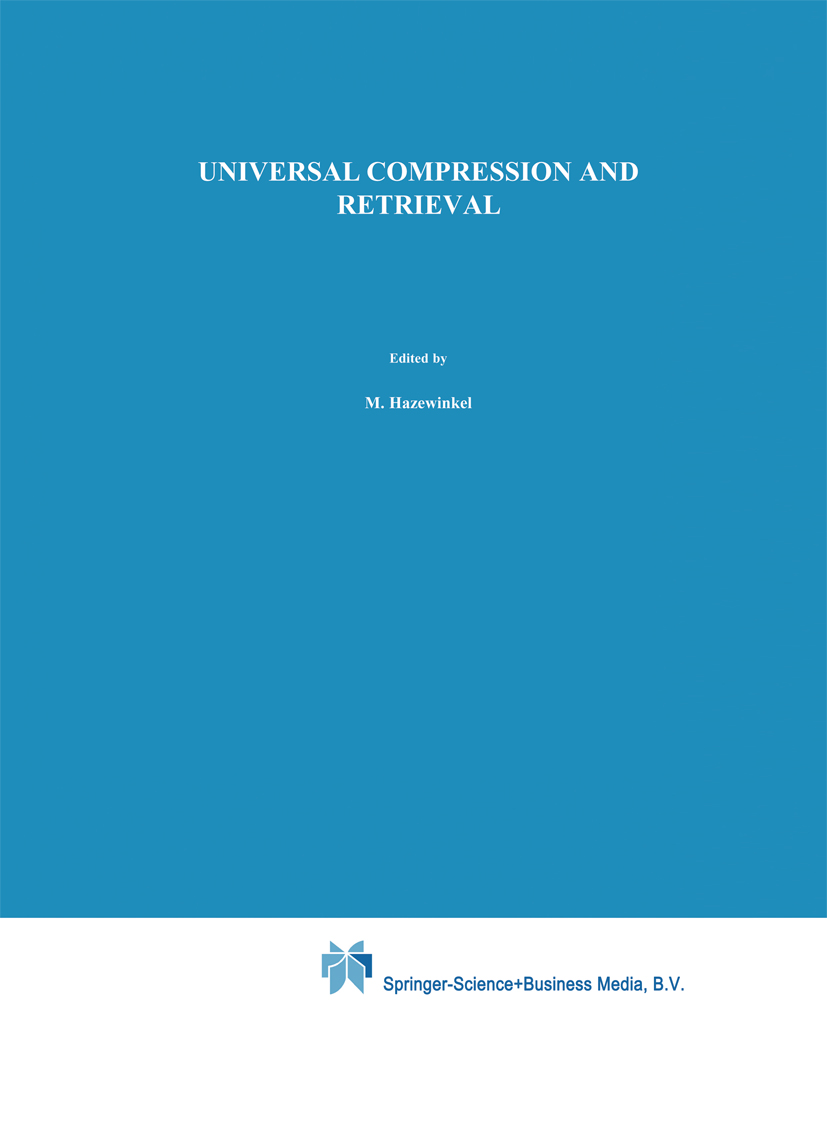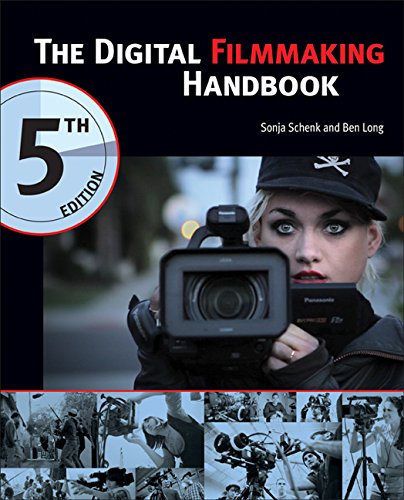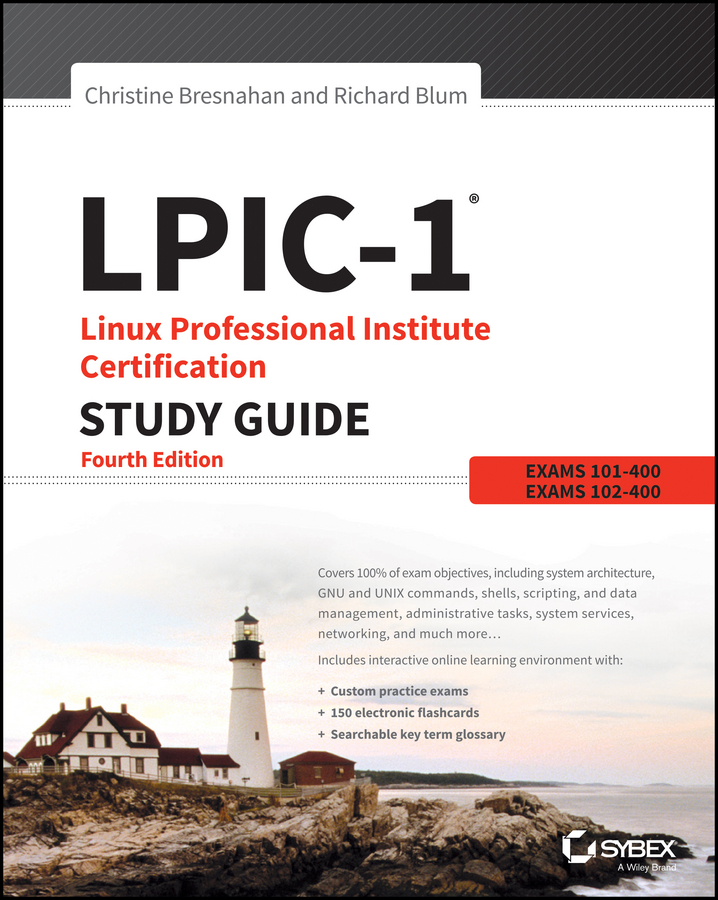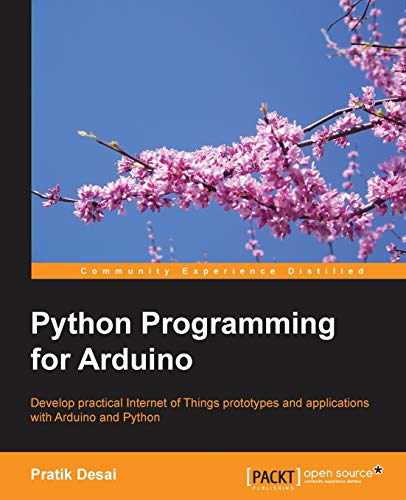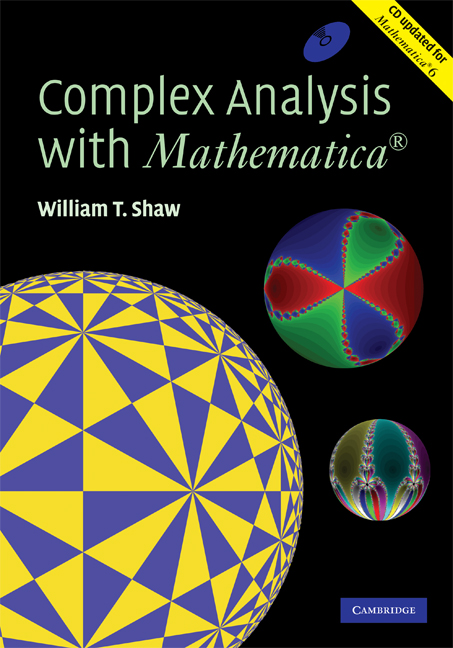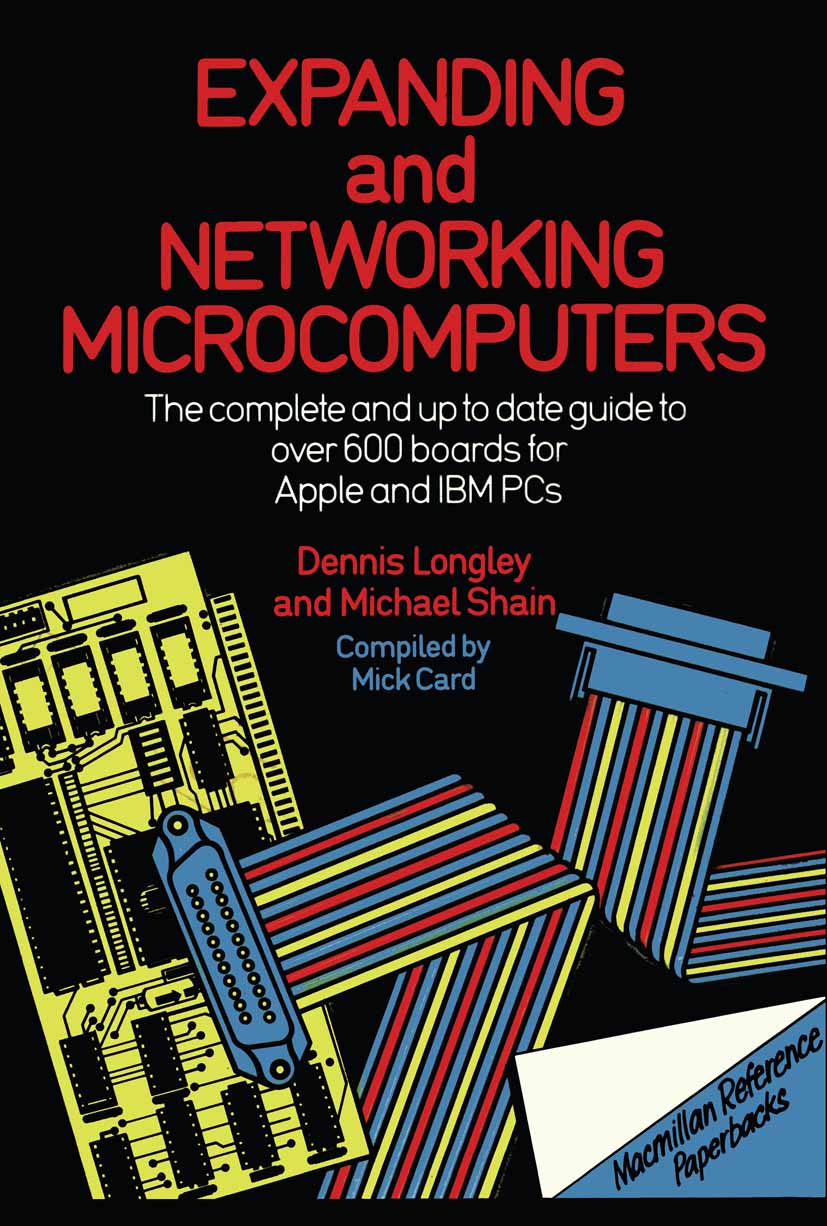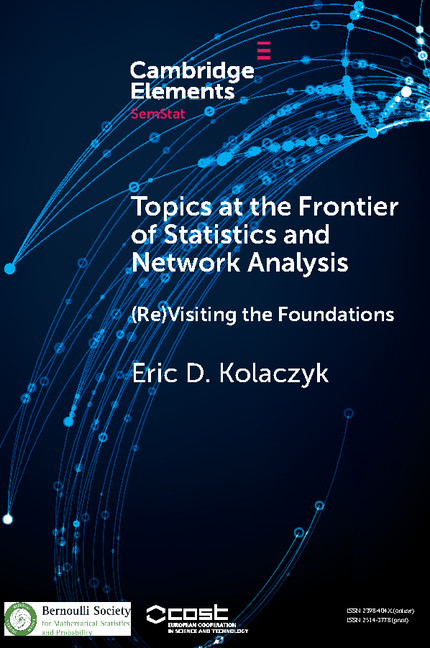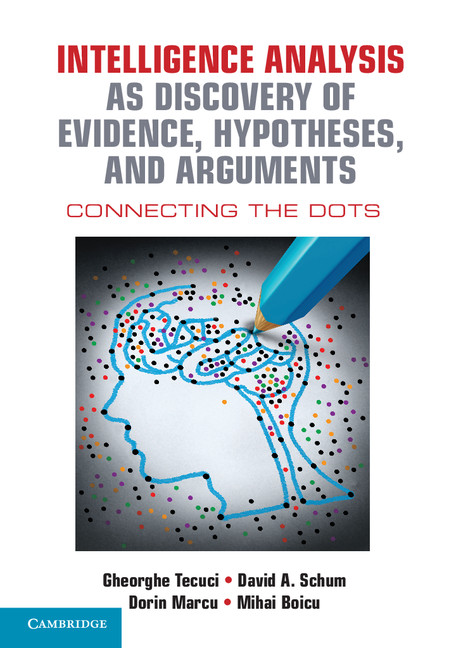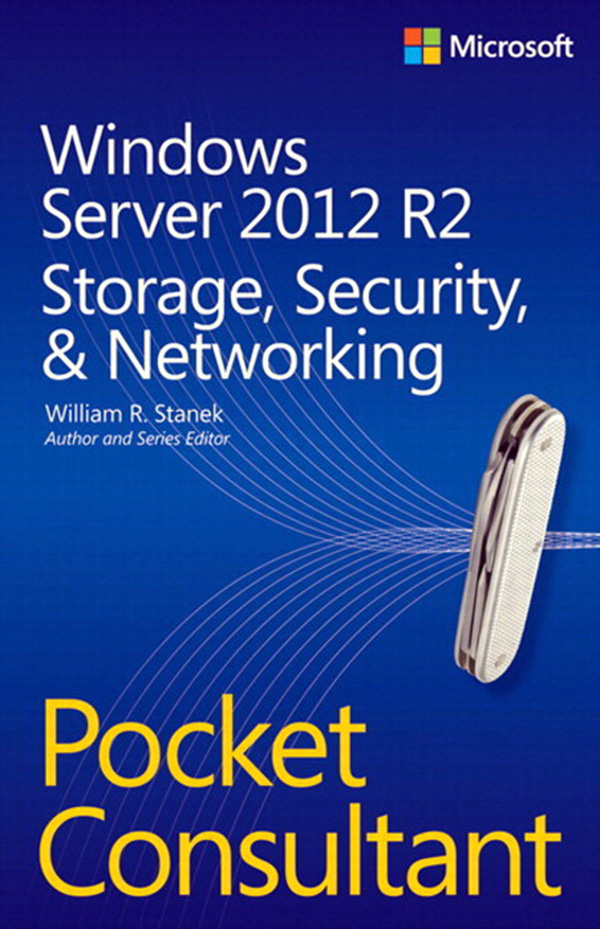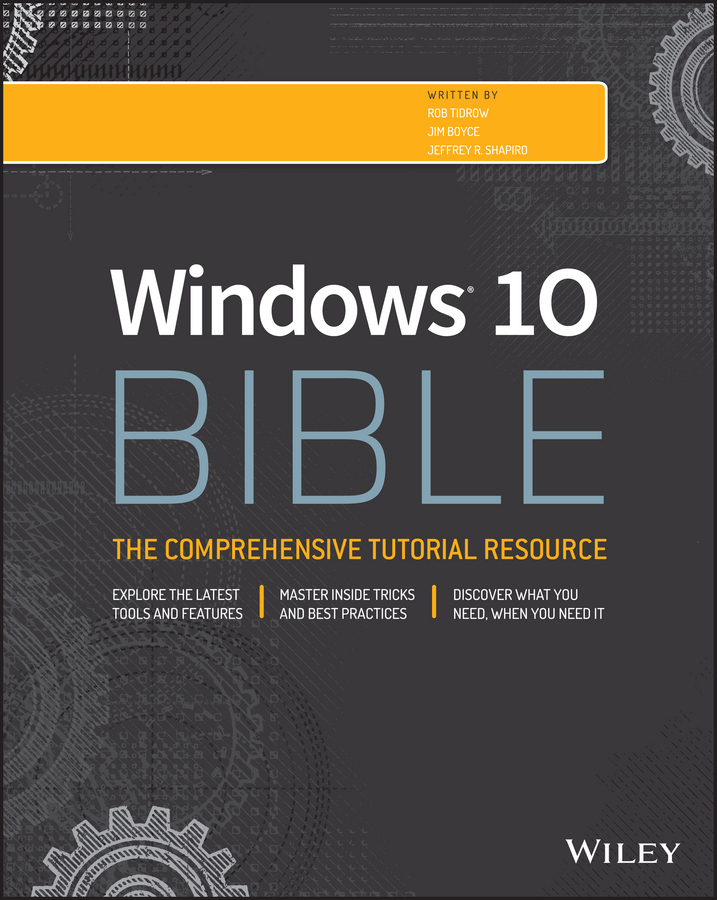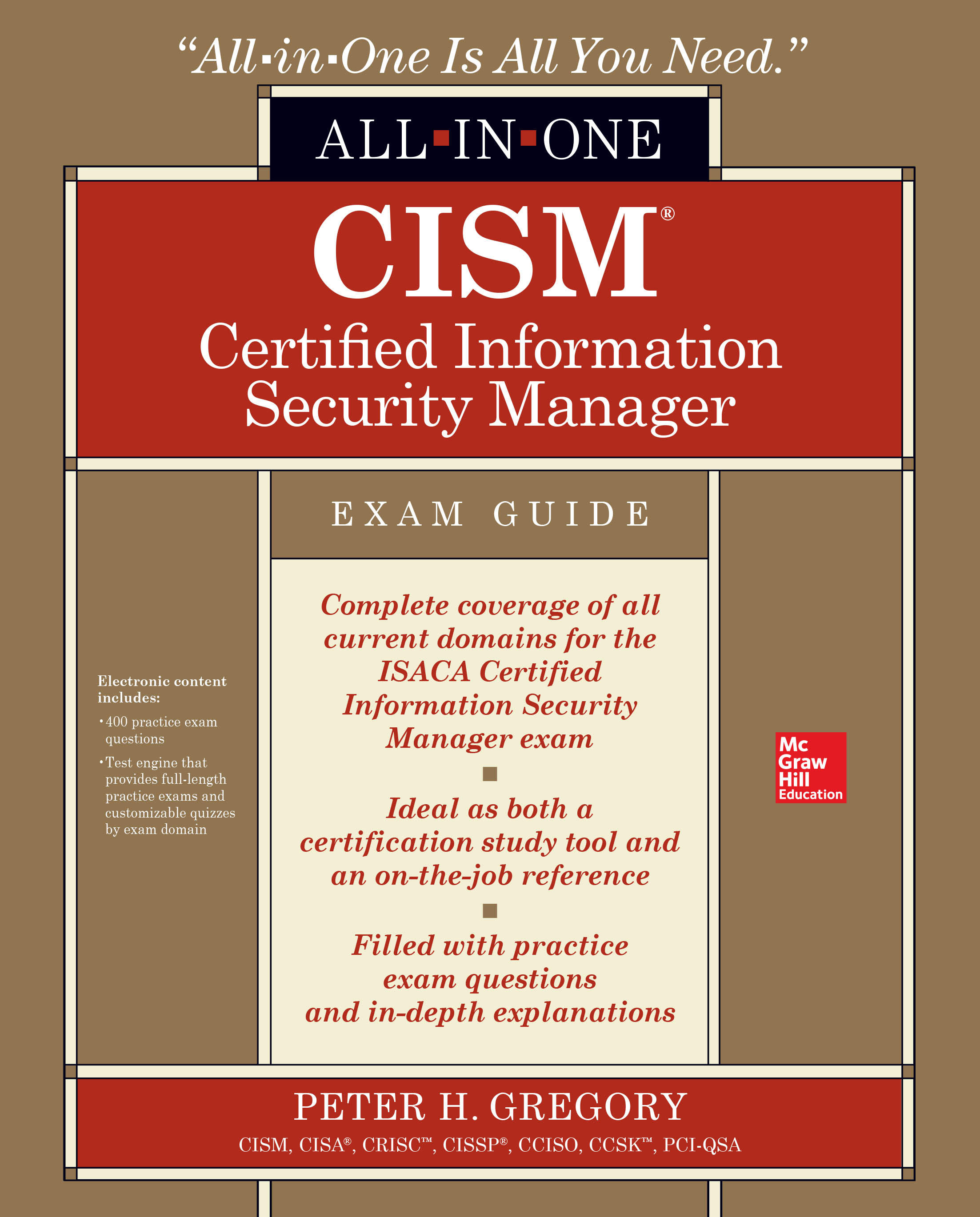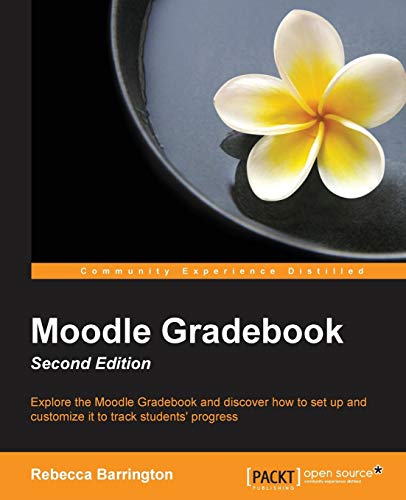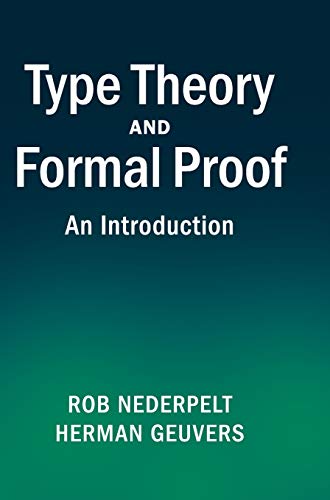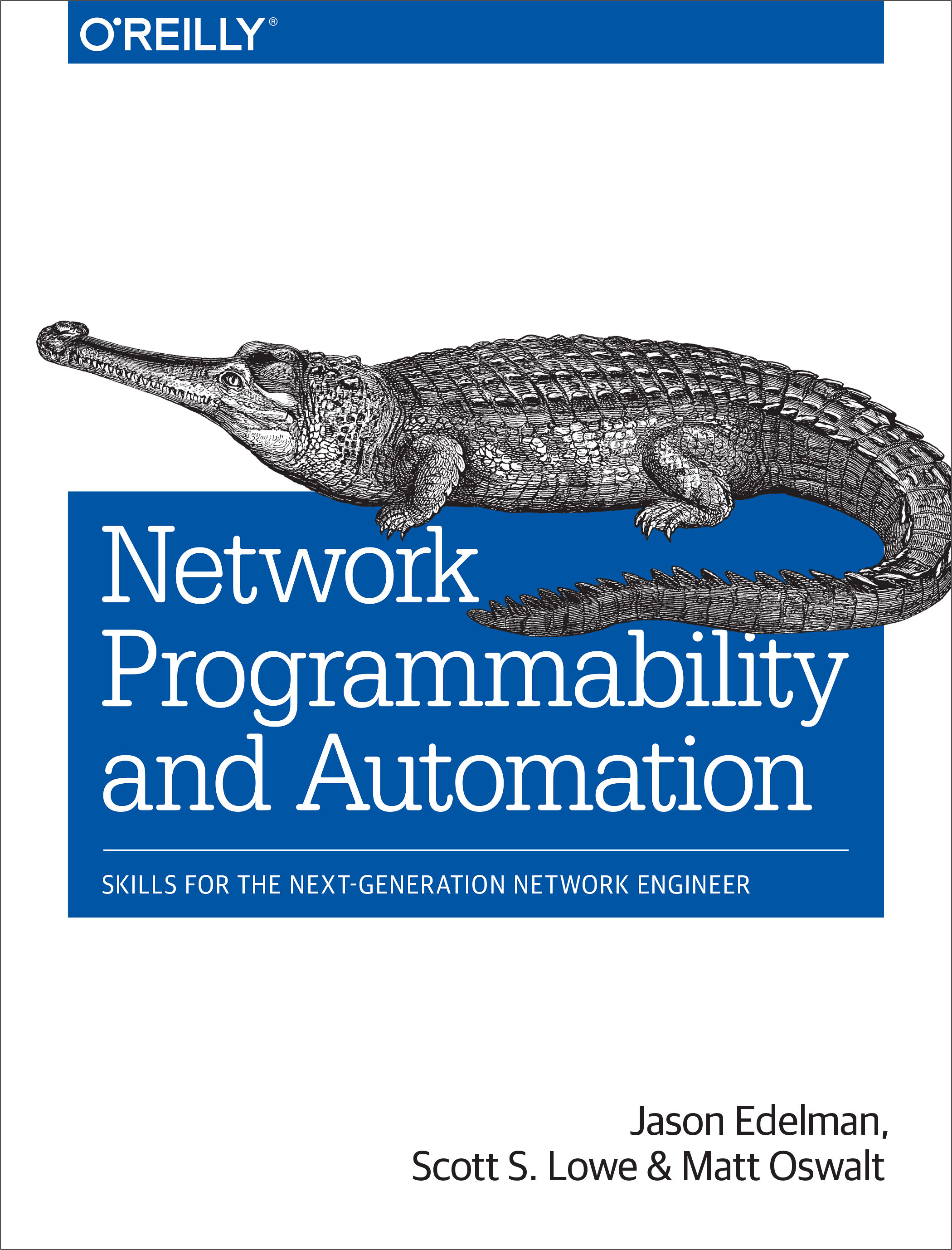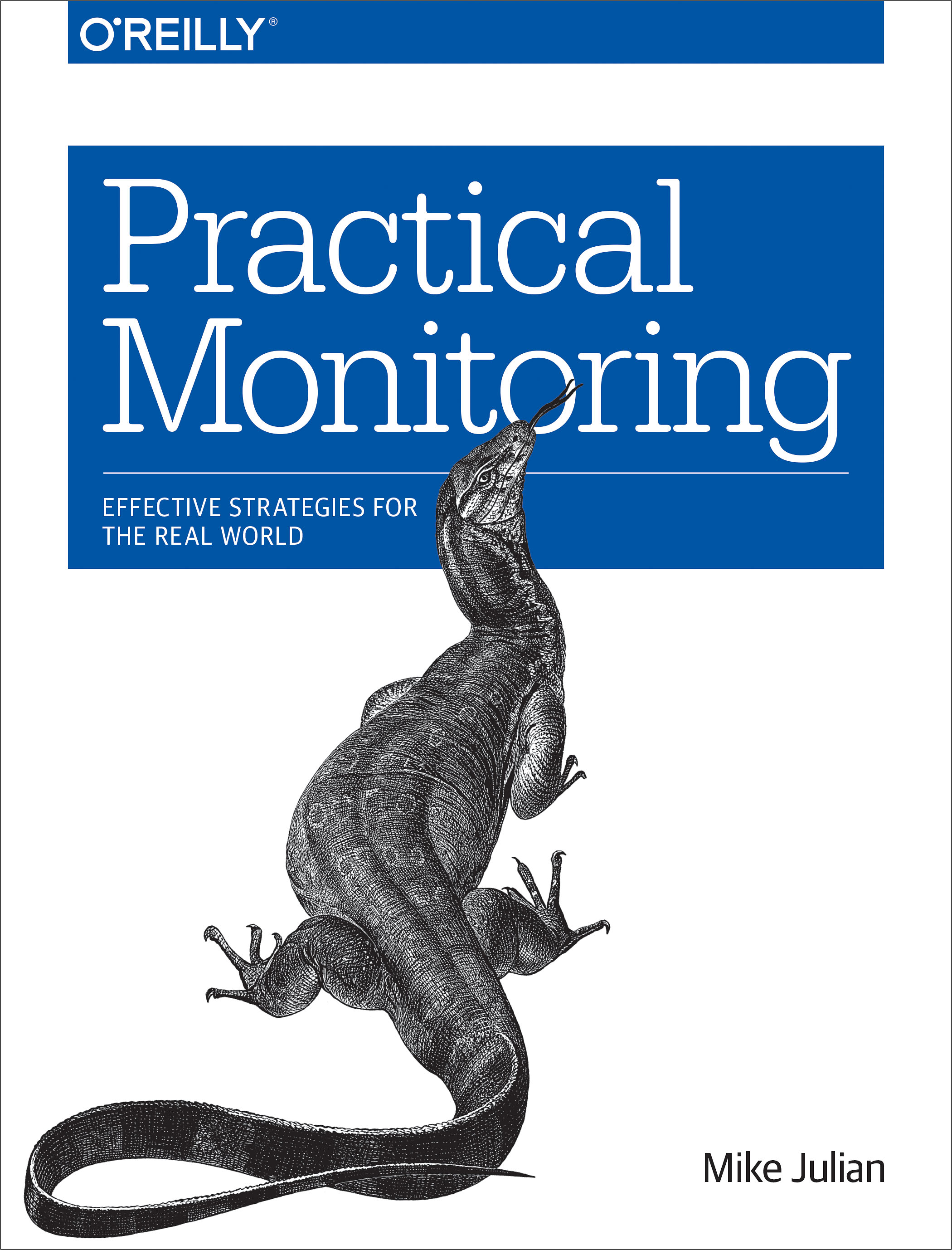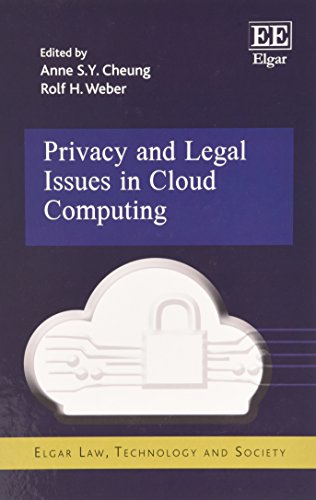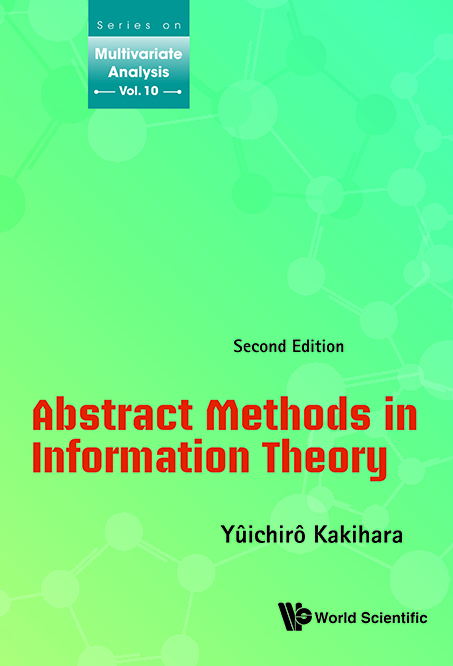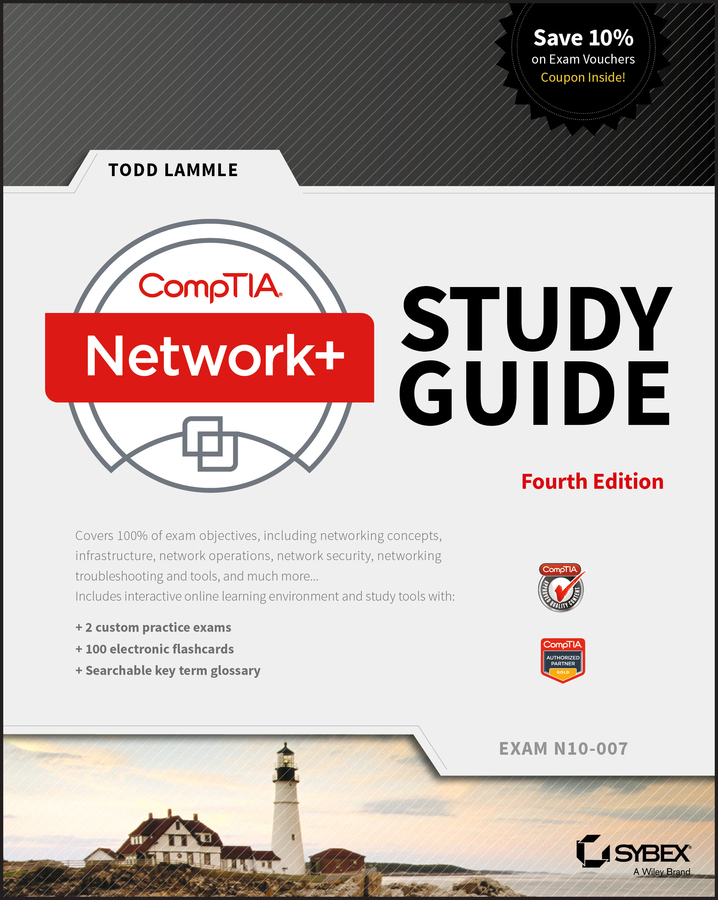Universal Compression and Retrieval
by R. Krichevsky
2020-09-18 20:31:30
Universal Compression and Retrieval
by R. Krichevsky
2020-09-18 20:31:30
Objectives Computer and communication practice relies on data compression and dictionary search methods. They lean on a rapidly developing theory. Its exposition from a new viewpoint is the purpose of the book. We start from the very beginning and fi...
Read more
Objectives Computer and communication practice relies on data compression and dictionary search methods. They lean on a rapidly developing theory. Its exposition from a new viewpoint is the purpose of the book. We start from the very beginning and finish with the latest achievements of the theory, some of them in print for the first time. The book is intended for serving as both a monograph and a self-contained textbook. Information retrieval is the subject of the treatises by D. Knuth (1973) and K. Mehlhorn (1987). Data compression is the subject of source coding. It is a chapter of information theory. Its up-to-date state is presented in the books of Storer (1988), Lynch (1985), T. Bell et al. (1990). The difference between them and the present book is as follows. First. We include information retrieval into source coding instead of discussing it separately. Information-theoretic methods proved to be very effective in information search. Second. For many years the target of the source coding theory was the estimation of the maximal degree of the data compression. This target is practically bit today. The sought degree is now known for most of the sources. We believe that the next target must be the estimation of the price of approaching that degree. So, we are concerned with trade-off between complexity and quality of coding. Third. We pay special attention to universal families that contain a good com pressing map for every source in a set.
Less


